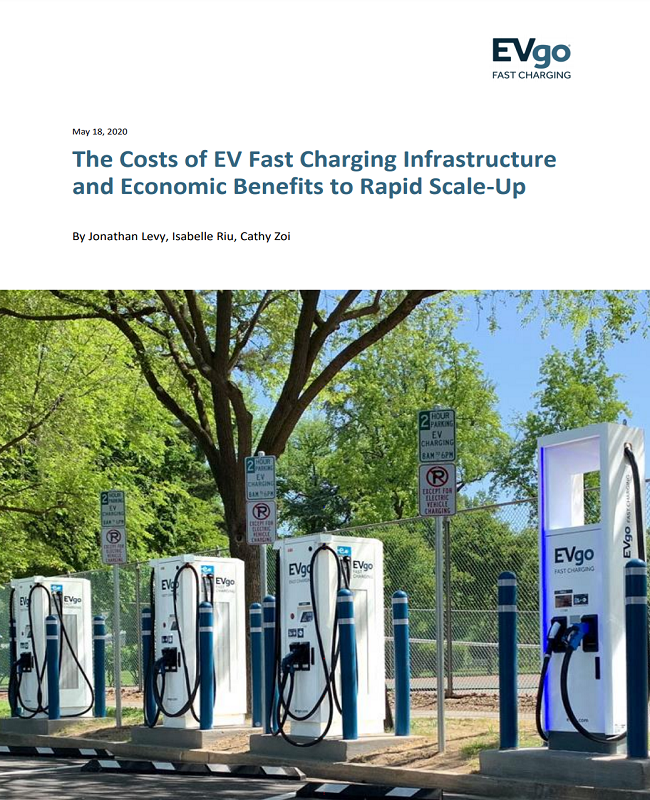The recent COVID-19 crisis has heightened the urgency of transitioning to a fully electrified transportation sector as one of the keys to unlocking a more sustainable future for all. Replacing gas-guzzling cars with zero emissions electric vehicles (EVs) will not only help slash smog-forming pollution and curtail greenhouse gas emissions, it is also critical to protect human health. This paper examines ways that public and private stakeholders can work together to better understand and tackle the oft-overlooked costs and benefits of public fast charging infrastructure that is accessible to all. While electricity remains the largest cost driver, the full stack of costs also includes equipment at the early stage of a technology adoption curve, construction and installation costs, ongoing networking and maintenance costs, among other factors.
Preview the report here:
 Loading...
Loading...
More About this Resource
Publisher: EVgo
Date: May 18, 2020
Type: Research Reports
Countries: United States
States: None
